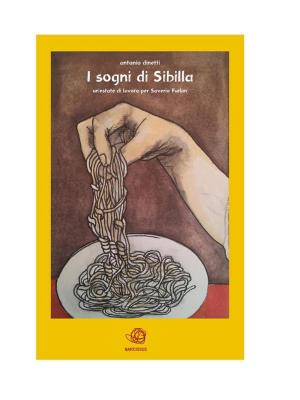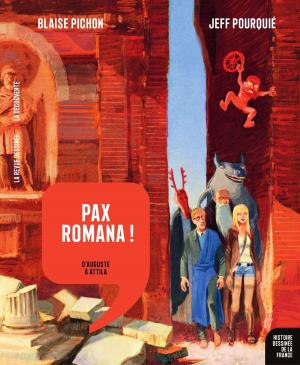Lay Down Your Arms
The Autobiography of Martha von Tilling
Fiction & Literature, Classics, Historical| Author: | Bertha von Suttner | ISBN: | 1230001012187 |
| Publisher: | @AnnieRoseBooks | Publication: | January 7, 2018 |
| Imprint: | Language: | English |
| Author: | Bertha von Suttner |
| ISBN: | 1230001012187 |
| Publisher: | @AnnieRoseBooks |
| Publication: | January 7, 2018 |
| Imprint: | |
| Language: | English |
WHEN I was requested by the Committee of the International Arbitration and Peace Association, of which I have the honour to be a Member, to undertake the translation of the novel entitled Die Waffen Nieder, I considered it my duty to consent; and I have found the labour truly a delight. Baroness Suttner’s striking tale has had so great a success on the Continent of Europe that it seems singular that no complete translation into English should yet have appeared. An incomplete version was published some time since in the United States, without the sanction of the authoress; but it gives no just idea of the work.
Apart from its value as a work of fiction—great as that is—the book has a transcendent interest for the Society with which I am connected from its bearing on the question of war in general and of the present state of Europe in particular. We English-speaking people, whether in England, in the Colonies, or in the United States, being ourselves in no immediate danger of seeing our homes invaded, and our cities laid under contribution by hostile armies, are apt to forget how terribly the remembrance of such calamities, and the constant threat of their recurrence, haunt the lives of our Continental brethren. Madame Suttner’s vivid pages will enable those of us who have not seen anything of the ravages of war, or felt the griefs and anxieties of non-combatants, to realise the state in which people live on the Continent of Europe, under the grim “shadow of the sword,” with constantly increasing demands on the treasure accumulated by their labour, and on their still dearer treasure—their children—drawn into the ravenous maw of the Conscription, to meet the ever-increasing demands of war, which seems daily drawing nearer and nearer, in spite of the protestations made by every Government of its anxiety for peace.
WHEN I was requested by the Committee of the International Arbitration and Peace Association, of which I have the honour to be a Member, to undertake the translation of the novel entitled Die Waffen Nieder, I considered it my duty to consent; and I have found the labour truly a delight. Baroness Suttner’s striking tale has had so great a success on the Continent of Europe that it seems singular that no complete translation into English should yet have appeared. An incomplete version was published some time since in the United States, without the sanction of the authoress; but it gives no just idea of the work.
Apart from its value as a work of fiction—great as that is—the book has a transcendent interest for the Society with which I am connected from its bearing on the question of war in general and of the present state of Europe in particular. We English-speaking people, whether in England, in the Colonies, or in the United States, being ourselves in no immediate danger of seeing our homes invaded, and our cities laid under contribution by hostile armies, are apt to forget how terribly the remembrance of such calamities, and the constant threat of their recurrence, haunt the lives of our Continental brethren. Madame Suttner’s vivid pages will enable those of us who have not seen anything of the ravages of war, or felt the griefs and anxieties of non-combatants, to realise the state in which people live on the Continent of Europe, under the grim “shadow of the sword,” with constantly increasing demands on the treasure accumulated by their labour, and on their still dearer treasure—their children—drawn into the ravenous maw of the Conscription, to meet the ever-increasing demands of war, which seems daily drawing nearer and nearer, in spite of the protestations made by every Government of its anxiety for peace.















